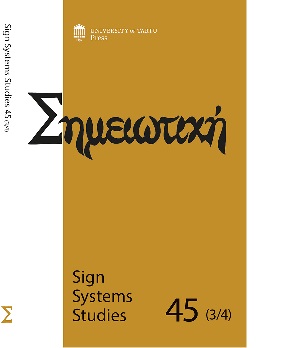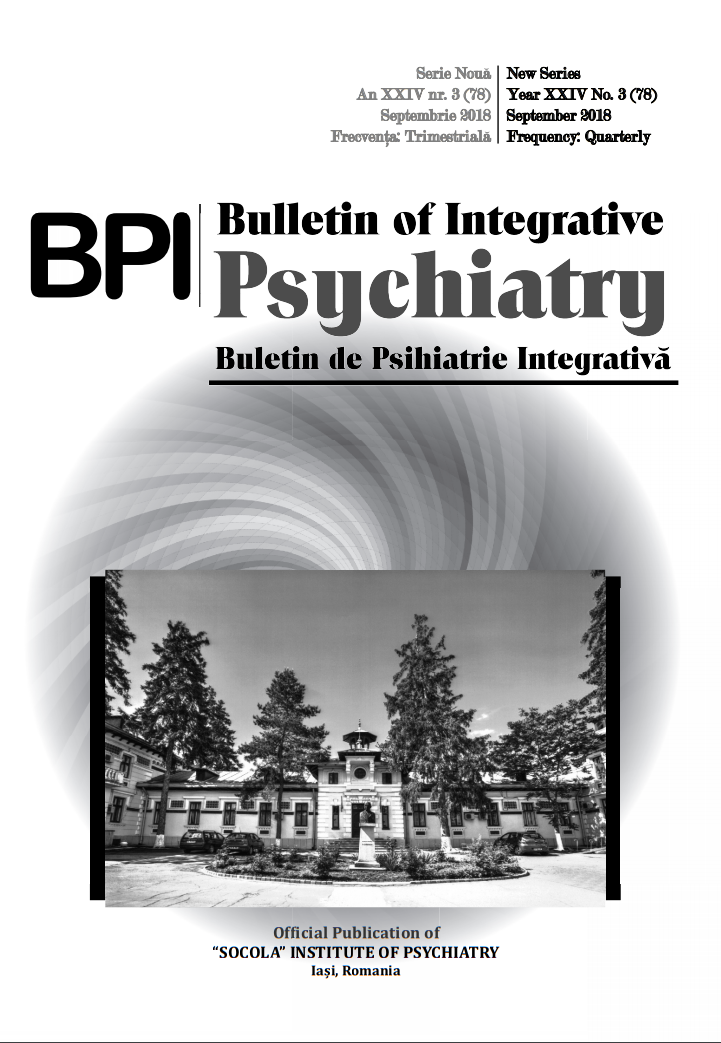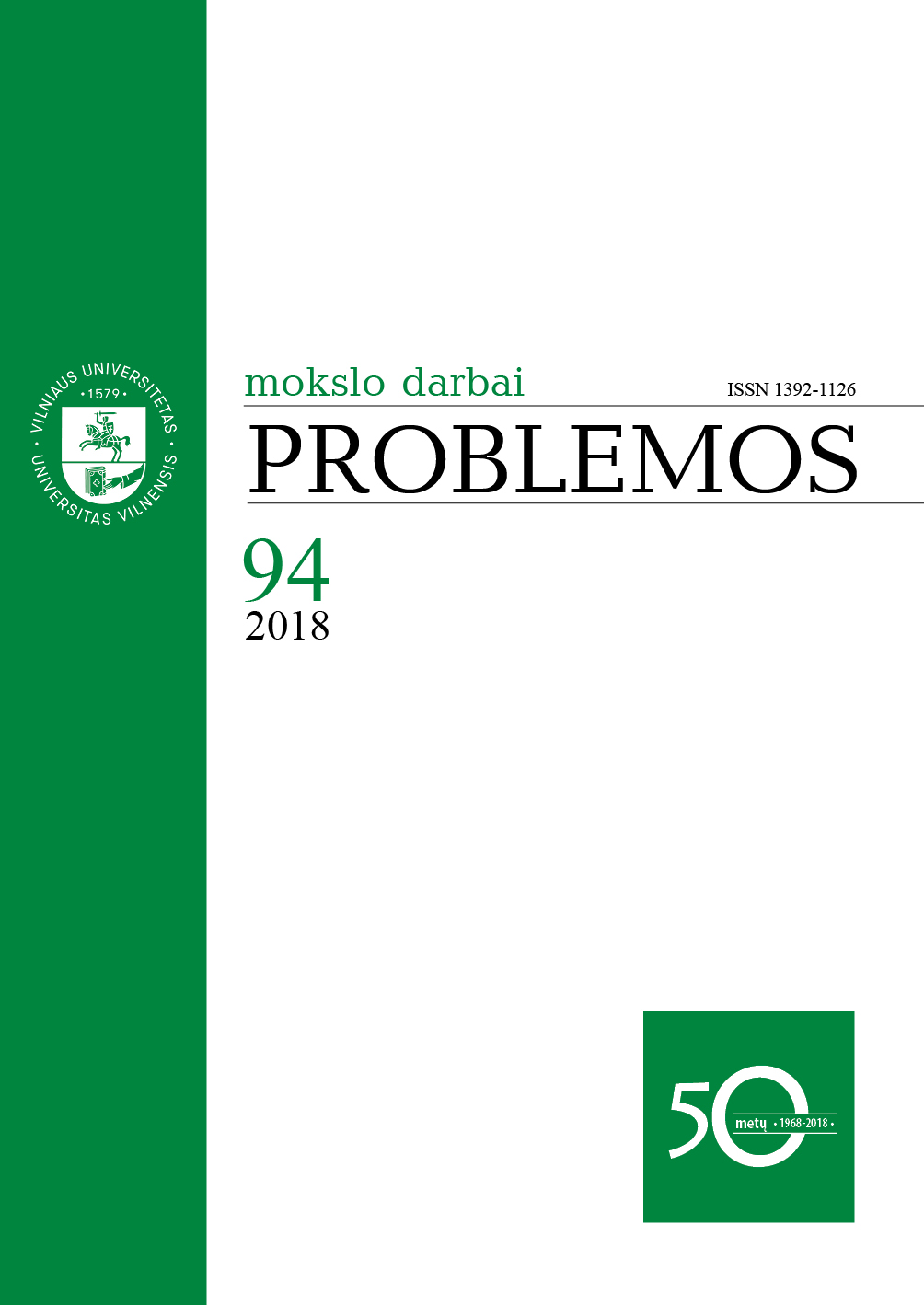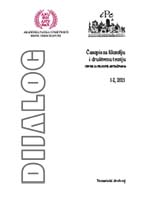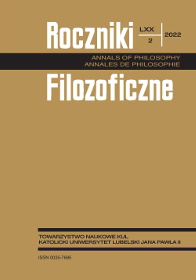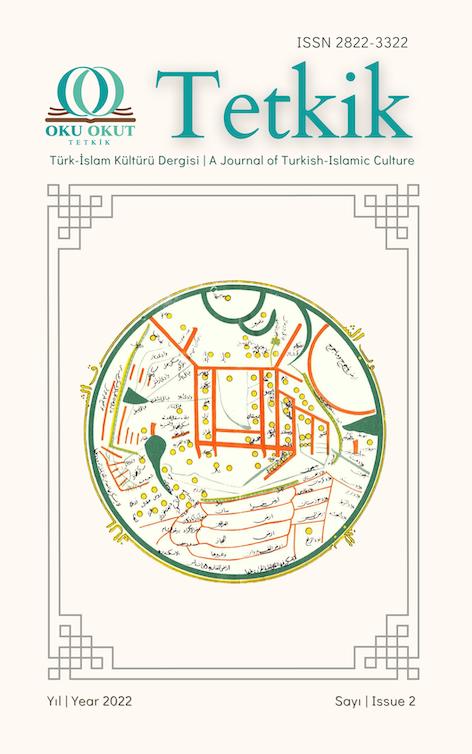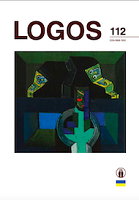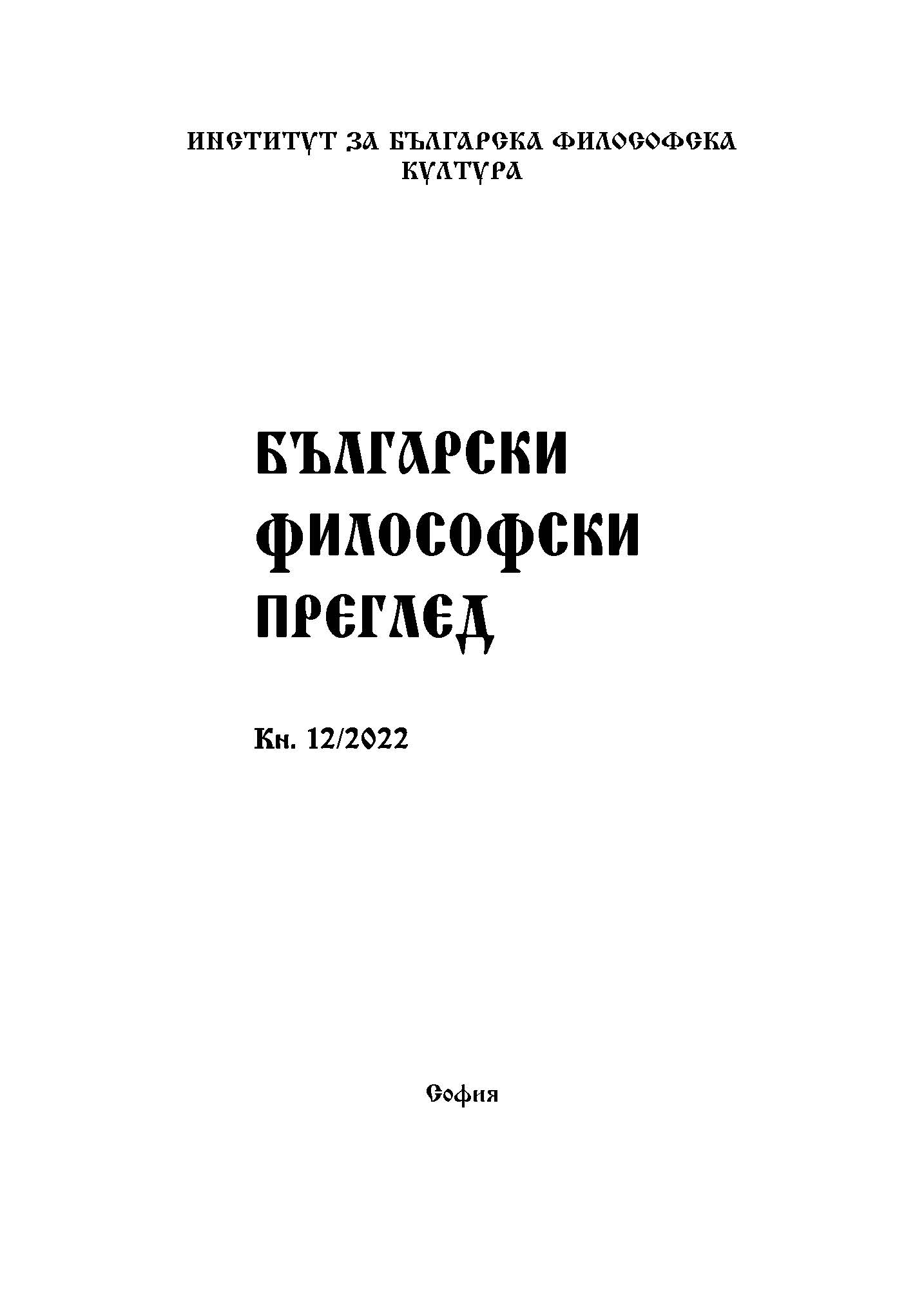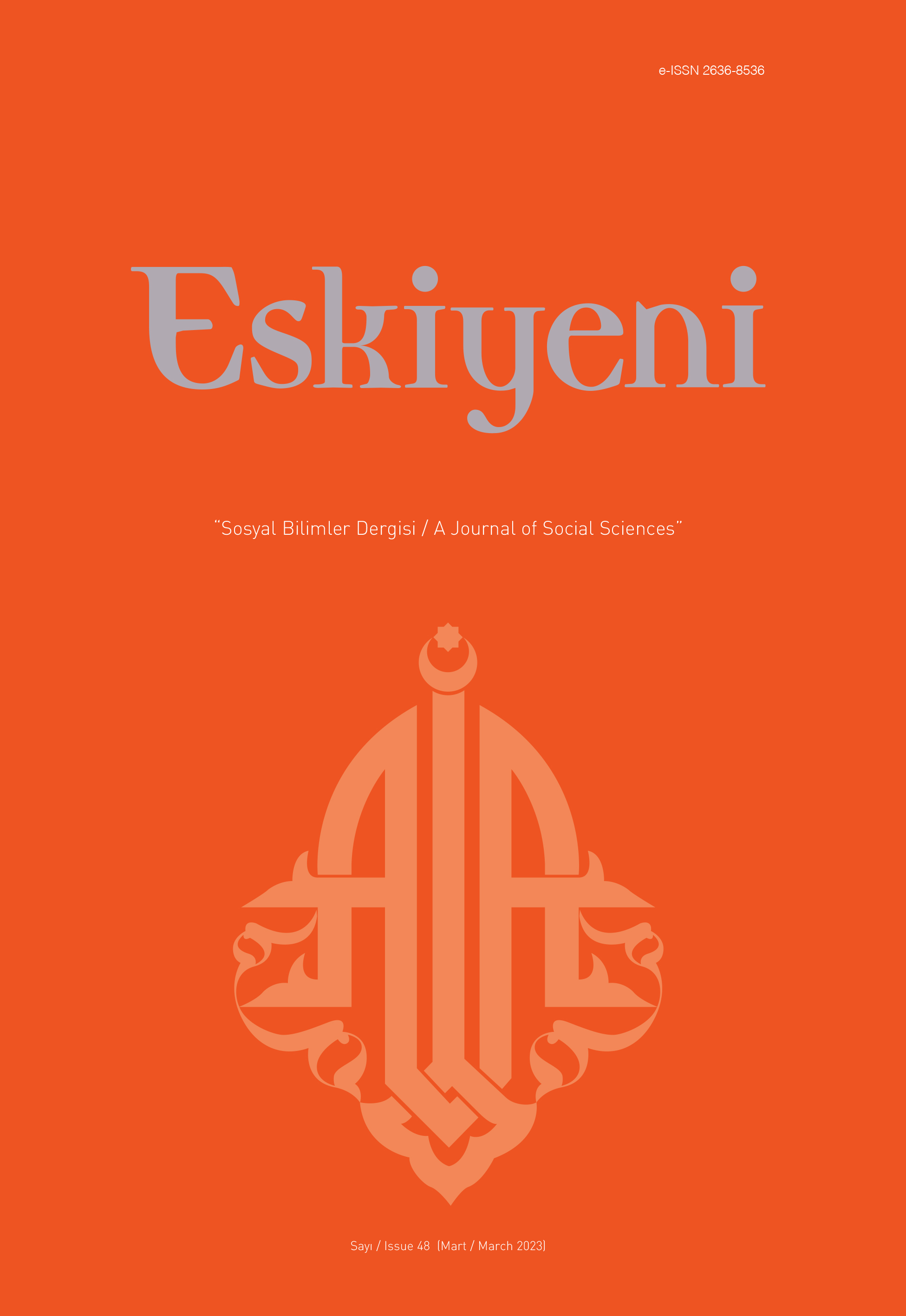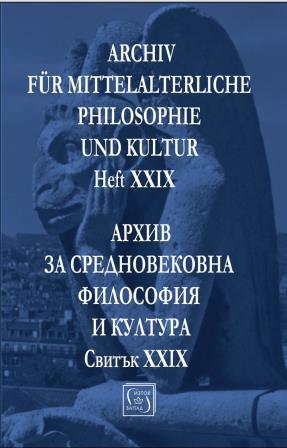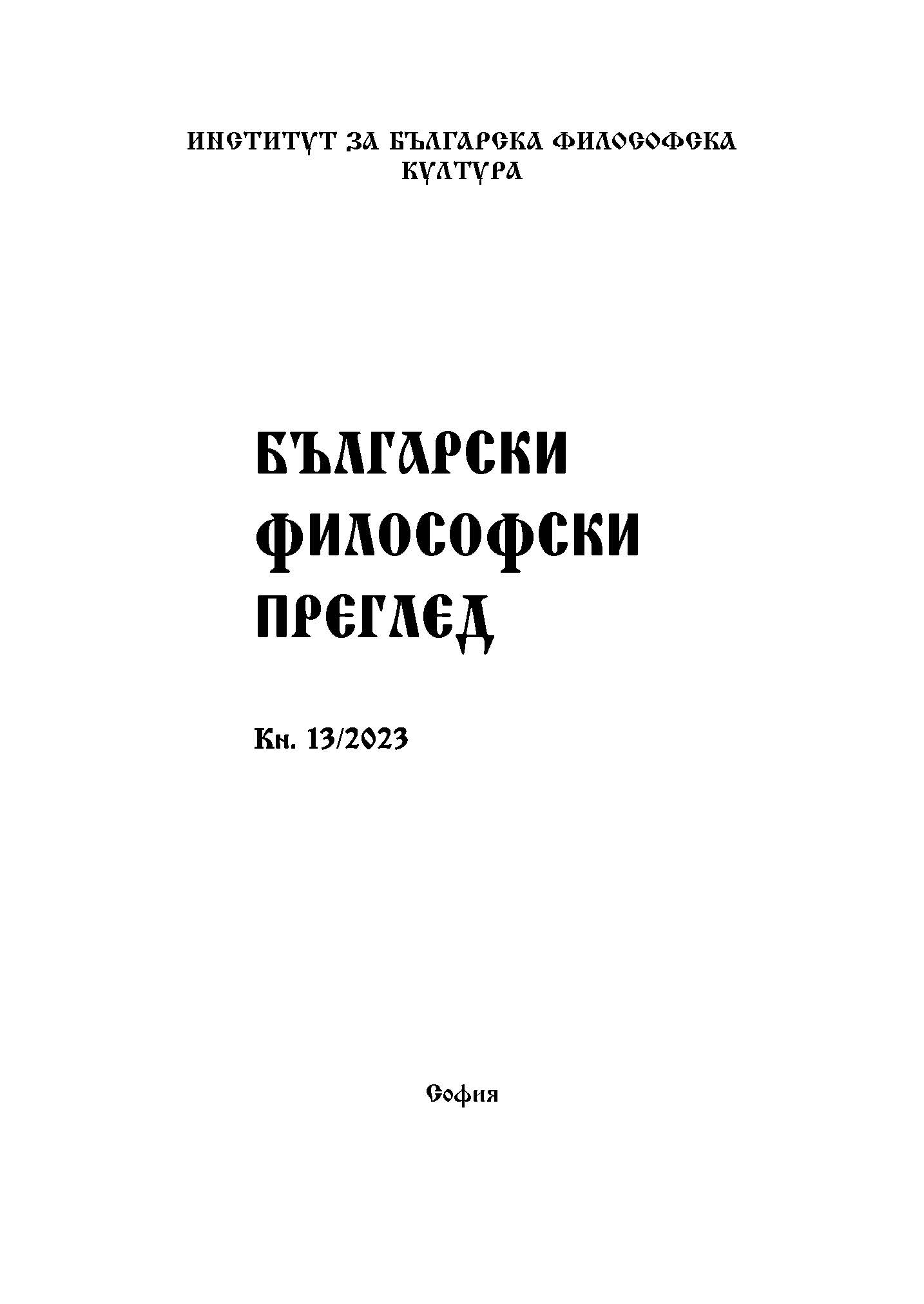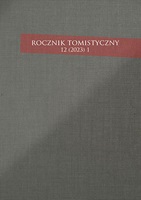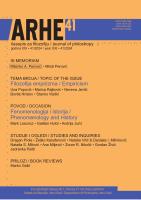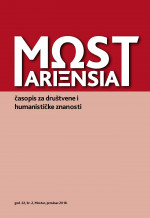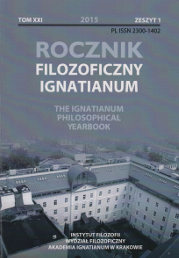
Metafizyczne założenia koncepcji prawdy w "Logice" Marcina Śmigleckiego
The central element of the concept of truth in Smiglecki’s Logica (1618) is his approach to formulating definitions. Where the establishing of the truth is concerned, he always points to compliance at the level of the community (conformitas) in respect of whether the intellectual recognition of a thing or things is in accordance with its intellectual equivalent, or the principles behind the latter, where these are understood as designating the corresponding idea inherent in the intellect of God. This is a form of the classical definition of truth --- similar to that used by St. Thomas Aquinas --- with a wide scope of applicability: to the field of existence (transcendental truth), to cognition and language (logical truth), and even to moral beliefs (moral rightness). Smiglecki distinguishes three types of truth: truth assigned to being, truth assigned to cognition, and truth assigned to moral convictions. Of these, the first is identified with transcendental truth, while the second is attributed not only to propositions and sentences, but also to concepts. The truth of concepts results from compliance with things by way of representation, while the truth of propositions and sentences issues from a compliance with things involving the implementation of some form of expression or other. Logical truth pertains to propositions rather than concepts. The kind of moral truth he writes about is what we would now be more likely to call “truthfulness”. With the exception of moral truth, which he defined as compliance of a statement with someone’s internal thoughts, Smiglecki considers every kind of truth to be a conditioned state of the object of knowledge. He says (a) that the ultimate object of reference of human cognitive functioning is a real being, absolutely true by virtue of compliance with its internal principles and their idea as present in the intellect of God, and (b) that the compatibility of human cognition with a real being is the ultimate basis for the truth of human cognition itself. Just knowing the real truth of a being furnishes us with an absolute form of truth, whereas merely knowing the default character of purely fictional objects can be true at most in relative terms. This pattern certainly also holds for sentences about what does not exist, and for sentences about future events whose truth or falsity is a contingent affair. Truth is of particular importance in science (scientia), although its scope covers a wider area than the area of scientific knowledge itself. It thus reaches to the very essence of scientific excellence. On the other hand, scientific knowledge is by its very nature always true. Therefore, truth is derived from our possession of its essence.
More...
